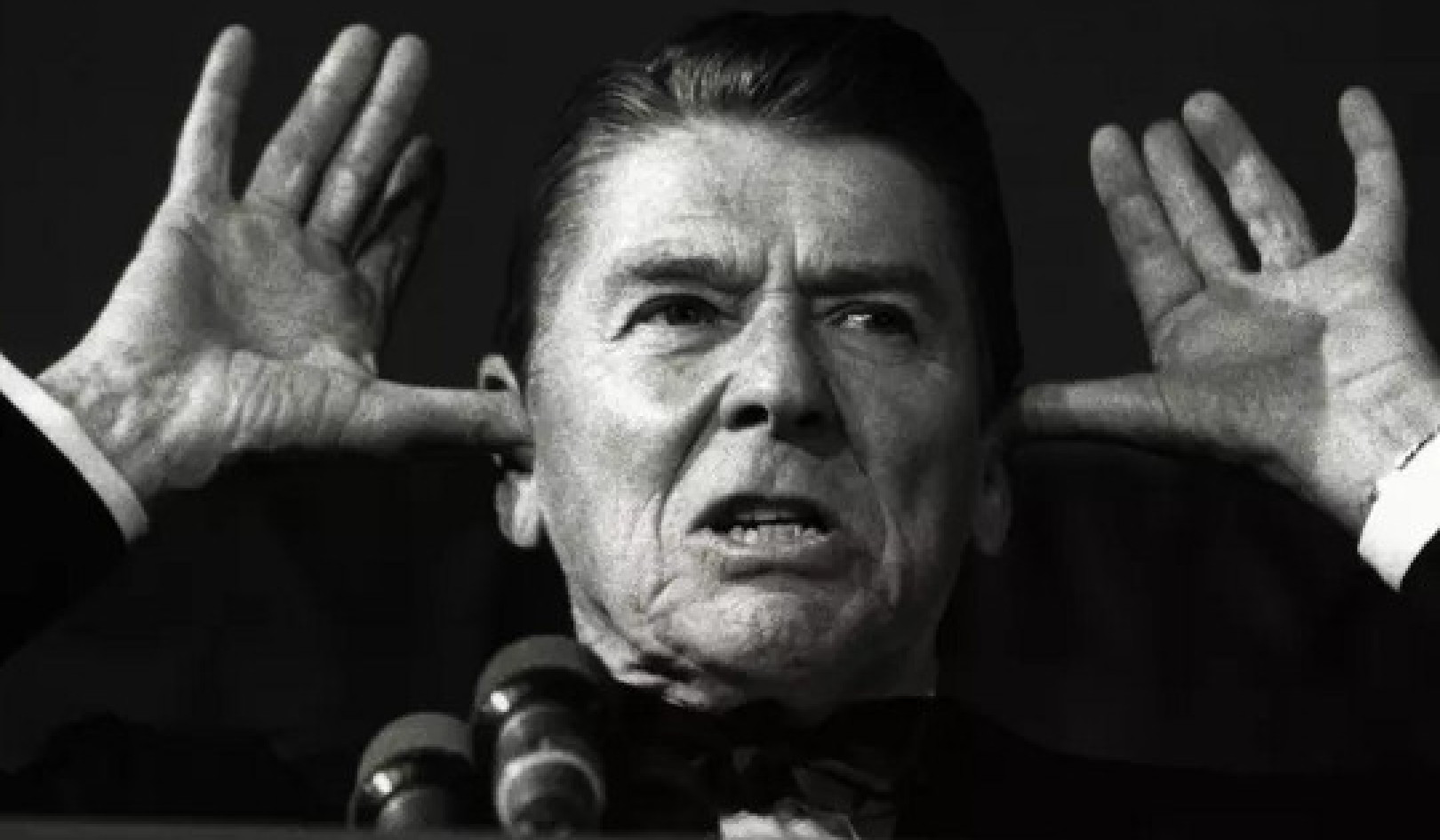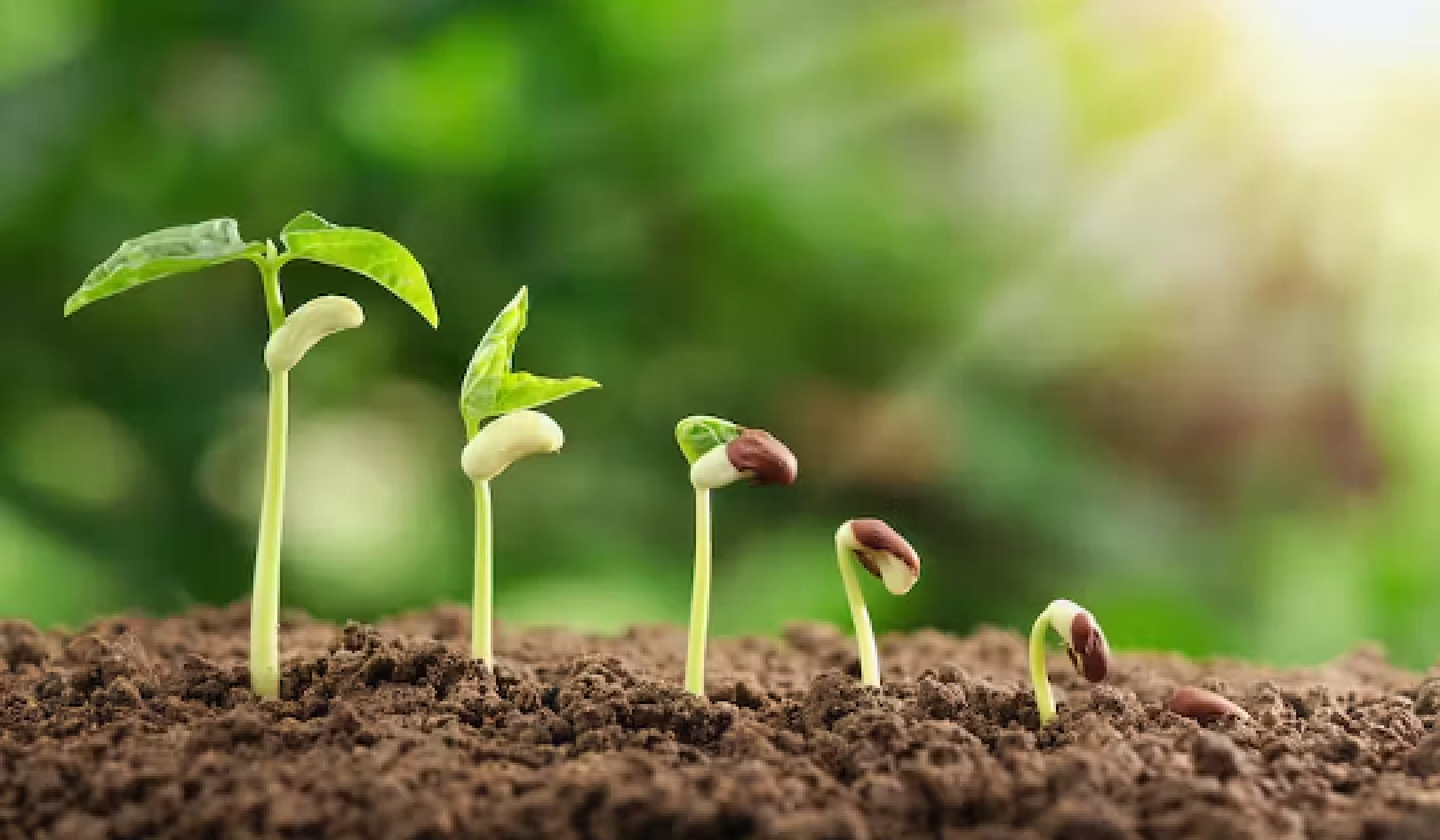In the heart of the Mississippi Delta lies a forgotten land plagued by poverty and despair. The YouTube video titled "The Poverty In Mississippi Is Unlike Anything You've Ever Seen" captures the essence of this desolation as the narrator embarks on a haunting exploration of towns like Belzona, Shaw, and Leland. With a careful eye, the video unveils the harsh reality of a region that stands as a chilling testament to the decline of the United States.
A Withered Dream
As the narrator delves into the heart of Belzona, one of the poorest parts of the Mississippi Delta, the visual landscape is a stark reminder of the town's dilapidated state. The abandoned buildings and streets speak of a forgotten past, where poverty has left its indelible mark. Yet, despite the grim surroundings, a surprising resilience emerges from the people who call this place home.
Driving through the Delta, the vast expanses of farmland and empty stretches of bad roads create a sense of desolation. The narrator remarks on the monotony of the scenery, the oppressive heat, and the lack of diversity. This is where hope seems to have withered, and poverty has taken root deep in the soil.
A Legacy of Struggles
To truly understand the present state of Mississippi, one must delve into its history. The legacy of economic disparity, racial tensions, and rapid societal changes looms large, much like the renowned writer William Faulkner, who famously said, "To understand the world, you must first understand a place like Mississippi."
From the early 1900s, Mississippi began embodying the very problems we witness in the world today. The Delta region became a microcosm of extreme economic decline, highlighting its inhabitants' harsh realities. As the video suggests, this is not just another impoverished region but the epitome of despair within America's borders.
Ghost Towns and Shrinking Communities
The journey continues through Shaw, an hour north of Belzona, where the stark decline in population is palpable. Entire families survive on meager incomes, barely surpassing $20,000 annually. Government assistance has become a lifeline for many, and the closure of schools symbolizes the depths of despair gripping this community.
Once a hub of bustling activity, Shaw's downtown is now lonely and abandoned. It mirrors countless other small towns in the Delta, trapped in a vicious cycle of depopulation and crumbling infrastructure. The once vibrant downtown squares, which used to serve as community gathering places, now remain silent reminders of a bygone era.
The loss of employment opportunities exacerbates the problem. The narrator highlights the absence of well-paying companies and the technological advancements that have rendered traditional farming jobs obsolete. Even the catfish industry, once a source of employment, has been overtaken by cheaper Chinese imports. The decline is relentless, leaving communities grappling with poverty as their population dwindles.
An Optimistic Resilience
Surprisingly, amid the despair, pockets of optimism emerge. Individuals like Mike, encountered in Belzona, embody a resilience that defies the harsh reality. Their upbeat outlook on life starkly contrasts the crumbling world around them. They find solace in the familiarity of their surroundings and the tightly-knit community that remains.
The journey through the Delta takes the narrator to Leland, where a sense of contentment remains. Its small population of 4,800 people holds on to a more straightforward way of life, accepting the hardships as part of their reality. Their faith and religious beliefs provide a coping mechanism as they gather in churches that dot the landscape, even as some lie burned and abandoned.
The video serves as a poignant reminder of the luxuries often taken for granted in other parts of the country: decent jobs, quality education, reliable infrastructure, and accessible healthcare. These necessities need to be more in the Delta, leaving the residents grappling with limited options and a seemingly impossible cycle of poverty.
A State in Crisis
The dire situation portrayed in the video is not unique to isolated pockets of the Delta. Mississippi, as a whole, faces significant challenges. It ranks poorly in various socio-economic indicators, earning the unfortunate distinction of being first on every lousy list and last on every good list.
Health disparities run deep, with high rates of chronic diseases like diabetes and a prevailing dependence on fast food and unhealthy diets. Education struggles to keep up, with high dropout rates and limited school resources. The state's economy stagnates, lacking the necessary industries to provide well-paying jobs and opportunities for growth.
However, amid the turmoil and despair, the people of Mississippi demonstrate a profound strength. Their enduring spirit, shaped by a history of struggle, keeps them resilient and content in the face of adversity. They find solace in their tight-knit communities, unwavering faith, and the simplicity of life.
A Call for Change
The video leaves a haunting impression of the unseen poverty that plagues Mississippi. It serves as a poignant reminder of the deep-rooted inequalities in the United States. The exploration of towns like Belzona, Shaw, and Leland unveils a reality that demands attention and action.
As Faulkner once suggested, we must confront the stark disparities within our borders `to understand the world. The journey through the Delta calls for change, urging us to address the systemic issues perpetuating poverty and inequality. Only then can we hope to uplift the forgotten communities and create a brighter future for all?
About the Author
 Robert Jennings is co-publisher of InnerSelf.com with his wife Marie T Russell. He attended the University of Florida, Southern Technical Institute, and the University of Central Florida with studies in real estate, urban development, finance, architectural engineering, and elementary education. He was a member of the US Marine Corps and The US Army having commanded a field artillery battery in Germany. He worked in real estate finance, construction and development for 25 years before starting InnerSelf.com in 1996.
Robert Jennings is co-publisher of InnerSelf.com with his wife Marie T Russell. He attended the University of Florida, Southern Technical Institute, and the University of Central Florida with studies in real estate, urban development, finance, architectural engineering, and elementary education. He was a member of the US Marine Corps and The US Army having commanded a field artillery battery in Germany. He worked in real estate finance, construction and development for 25 years before starting InnerSelf.com in 1996.
InnerSelf is dedicated to sharing information that allows people to make educated and insightful choices in their personal life, for the good of the commons, and for the well-being of the planet. InnerSelf Magazine is in its 30+year of publication in either print (1984-1995) or online as InnerSelf.com. Please support our work.
Creative Commons 4.0
This article is licensed under a Creative Commons Attribution-Share Alike 4.0 License. Attribute the author Robert Jennings, InnerSelf.com. Link back to the article This article originally appeared on InnerSelf.com
Books on Inequality from Amazon's Best Sellers list
"Caste: The Origins of Our Discontents"
by Isabel Wilkerson
In this book, Isabel Wilkerson examines the history of caste systems in societies around the world, including in the United States. The book explores the impact of caste on individuals and society, and offers a framework for understanding and addressing inequality.
Click for more info or to order
"The Color of Law: A Forgotten History of How Our Government Segregated America"
by Richard Rothstein
In this book, Richard Rothstein explores the history of government policies that created and reinforced racial segregation in the United States. The book examines the impact of these policies on individuals and communities, and offers a call to action for addressing ongoing inequality.
Click for more info or to order
"The Sum of Us: What Racism Costs Everyone and How We Can Prosper Together"
by Heather McGhee
In this book, Heather McGhee explores the economic and social costs of racism, and offers a vision for a more equitable and prosperous society. The book includes stories of individuals and communities who have challenged inequality, as well as practical solutions for creating a more inclusive society.
Click for more info or to order
"The Deficit Myth: Modern Monetary Theory and the Birth of the People's Economy"
by Stephanie Kelton
In this book, Stephanie Kelton challenges conventional ideas about government spending and the national deficit, and offers a new framework for understanding economic policy. The book includes practical solutions for addressing inequality and creating a more equitable economy.
Click for more info or to order
"The New Jim Crow: Mass Incarceration in the Age of Colorblindness"
by Michelle Alexander
In this book, Michelle Alexander explores the ways in which the criminal justice system perpetuates racial inequality and discrimination, particularly against Black Americans. The book includes a historical analysis of the system and its impact, as well as a call to action for reform.



























